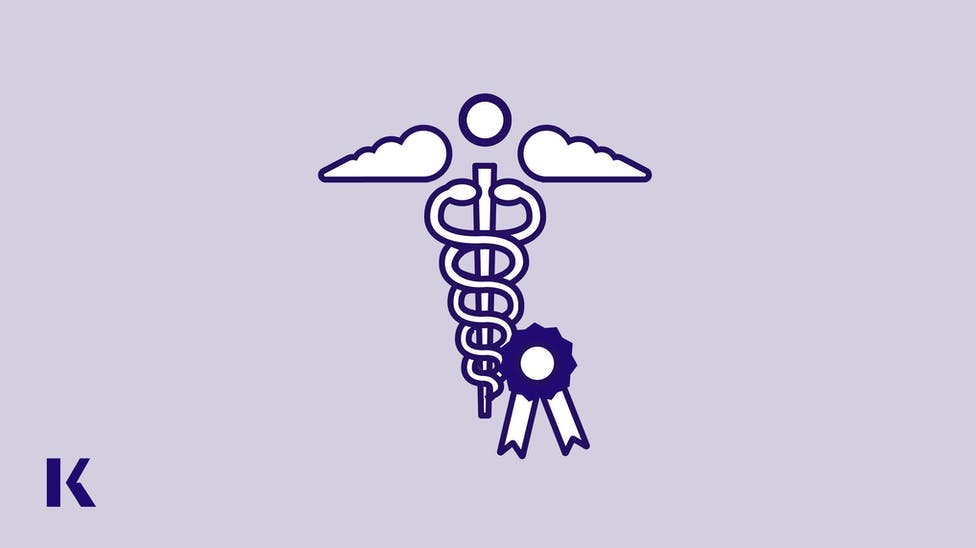International Medical Graduates: Champions of Diversity and Solutions to the Physician Shortage
by Ilon Rincon Portas, M.D. | November 21, 2024

Today, the American healthcare system finds itself grappling with two significant challenges: a looming physician shortage and the urgent need for greater diversity, equity, and inclusion (DEI). Fortunately, a powerful solution exists within our grasp: International Medical Graduates (IMGs). These dedicated physicians bring their medical expertise and a rich tapestry of perspectives and experiences that can help us address both of these pressing issues.
IMGs: A Vital Force in American Healthcare
The United States faces a projected deficit of up to 124,000 doctors by 2034. This shortage threatens access to care for everyone, but particularly in underserved communities already struggling with health disparities. IMGs, who comprise one in four physicians practicing in the US, offer a vital lifeline. They serve as the backbone of many hospitals and clinics, often filling critical gaps in primary care, internal medicine, and other demanding specialties. Their unwavering commitment to patient care, often demonstrated by their willingness to serve in rural and underserved areas, is a testament to their dedication and professionalism.
However, IMGs' contributions extend far beyond simply filling numerical gaps. They bring a wealth of cultural understanding and a diverse range of perspectives that enhance patient care, foster innovation, and promote cultural sensitivity within the medical field.
Enhancing Patient Care Through Diversity
Research consistently shows that patients from minority backgrounds often experience better health outcomes when treated by physicians who share their cultural or linguistic backgrounds. This is where IMGs truly shine. They are uniquely positioned to bridge communication gaps, build trust, and address the unique healthcare needs of diverse populations. Their ability to understand cultural nuances, navigate language barriers, and address culturally specific health beliefs can significantly improve patient satisfaction, adherence to treatment plans, and, ultimately, health outcomes.
Furthermore, IMGs play a crucial role in combating systemic racism and bias within the healthcare system. Their presence challenges stereotypes, promotes inclusivity, and fosters a more equitable environment for both patients and providers. By sharing their own experiences and perspectives, they can raise awareness of unconscious biases and advocate for more culturally sensitive practices.
Leveraging Strengths in the Residency Application Process
For IMGs seeking to contribute to the US healthcare system, leveraging their unique strengths is crucial when applying to residency programs. Here's how:
- Championing DEI: Clearly articulate your commitment to DEI and its importance in healthcare.
- Highlighting diverse experiences: Showcase experiences working with diverse patient populations, demonstrating your ability to provide culturally competent care.
- Demonstrating cultural competency: Provide concrete examples of how you have navigated cultural differences and language barriers to provide effective care.
- Expressing a commitment to inclusivity: Clearly express your desire to contribute to a more inclusive healthcare system.
- Sharing personal narratives: Share personal stories of overcoming challenges related to cultural adaptation or language barriers, demonstrating resilience and adaptability.
- Seeking growth opportunities: Highlight your participation in volunteer work, diversity-focused initiatives, or continuing education related to cultural competency.
By effectively showcasing these strengths, IMGs can position themselves as invaluable assets to residency programs and the healthcare system as a whole.
Supporting IMG Success
The physician shortage and the DEI crisis are interconnected challenges, and IMGs offer a powerful solution to both. They bring medical expertise, diverse perspectives, and experiences, enriching our healthcare landscape and improving patient care for all.
To maximize the contributions of IMGs, we must:
- Streamline immigration pathways: Reduce bureaucratic barriers that hinder IMGs from entering the US healthcare workforce.
- Expand training and mentorship opportunities: Provide comprehensive support and mentorship to help IMGs succeed in their residency training and careers.
- Combat prejudice and bias: Address any lingering prejudice or discrimination that may hinder the success of IMGs.
By embracing and empowering IMGs, we strengthen our healthcare workforce, improve patient care, and reaffirm our commitment to justice and equality.
In conclusion, let us recognize and celebrate the invaluable contributions of IMGs. Their dedication, resilience, and cultural richness are assets to the US healthcare system. They are not merely filling a gap; they are catalysts for change, helping to build a healthcare system that truly reflects and serves the needs of all.

Ilon Rincon Portas graduated as an M.D. in Venezuela in 2004, where they worked as an Emergency/Expedition Doctor until January 2009, working in different settings that included a year in the Amazon jungle. They moved to the United States, took the Steps, and started working for Kaplan Medical in 2010 as an integral part of the Curriculum Development Team, creating medical content for all USMLE steps, as well as teaching both students and medical faculty with a special interest in clinical skills.
